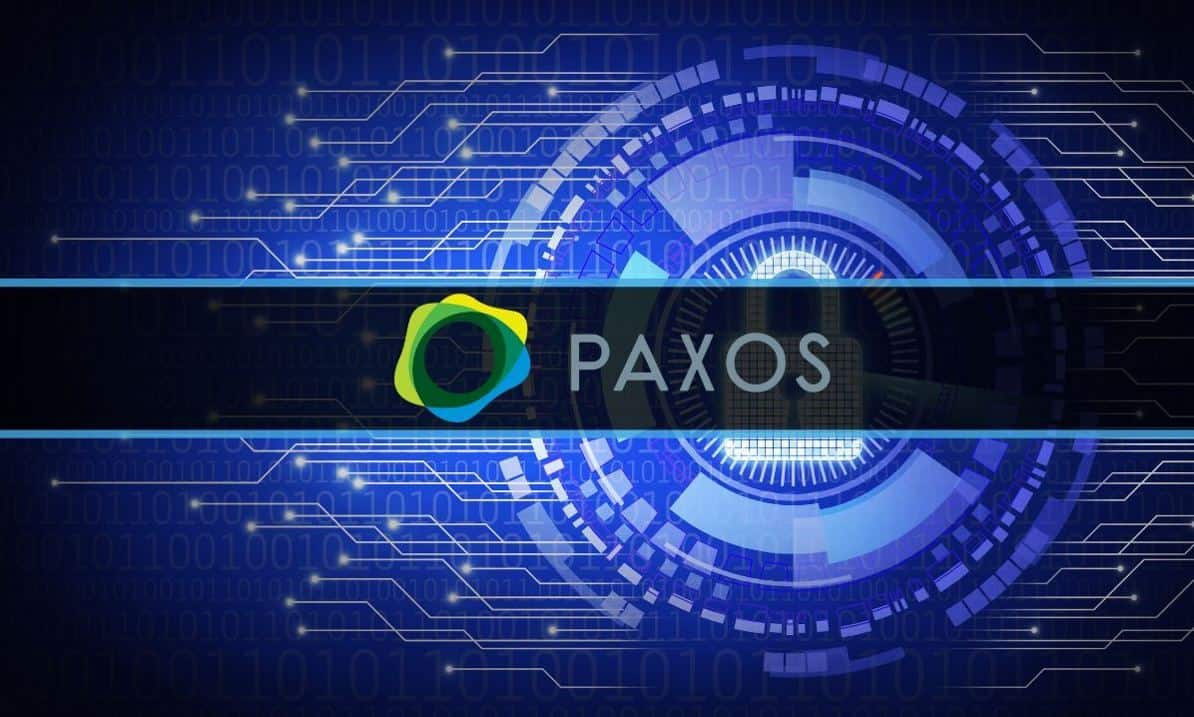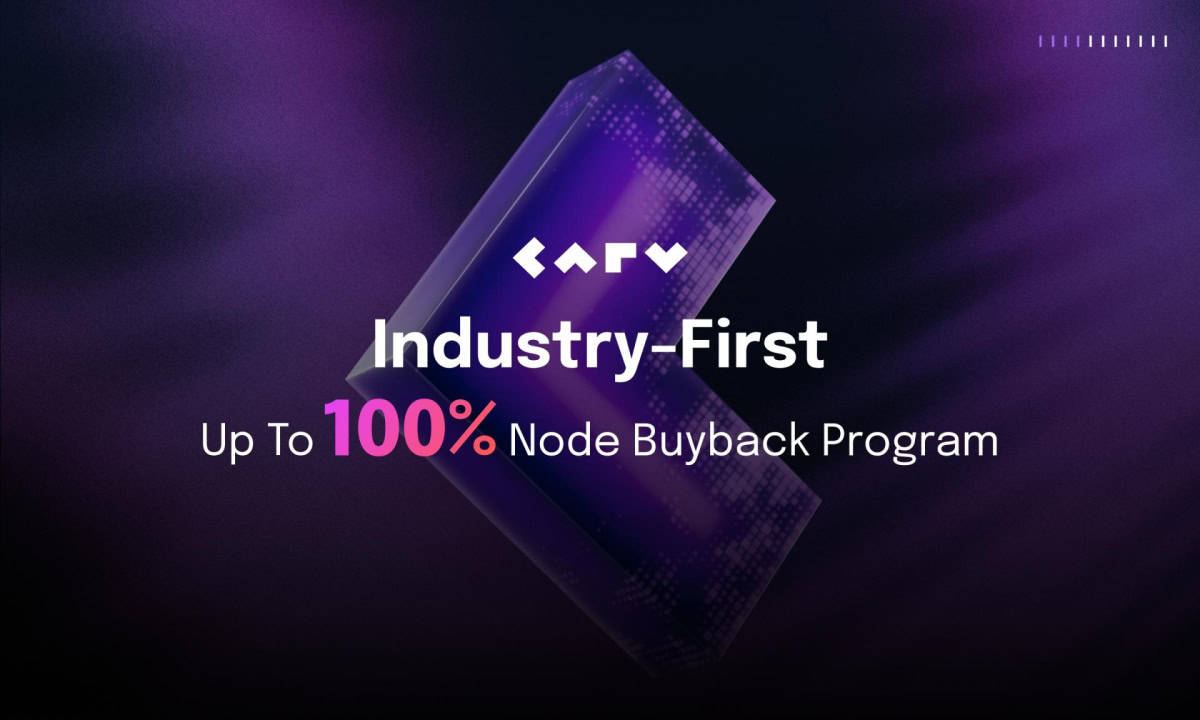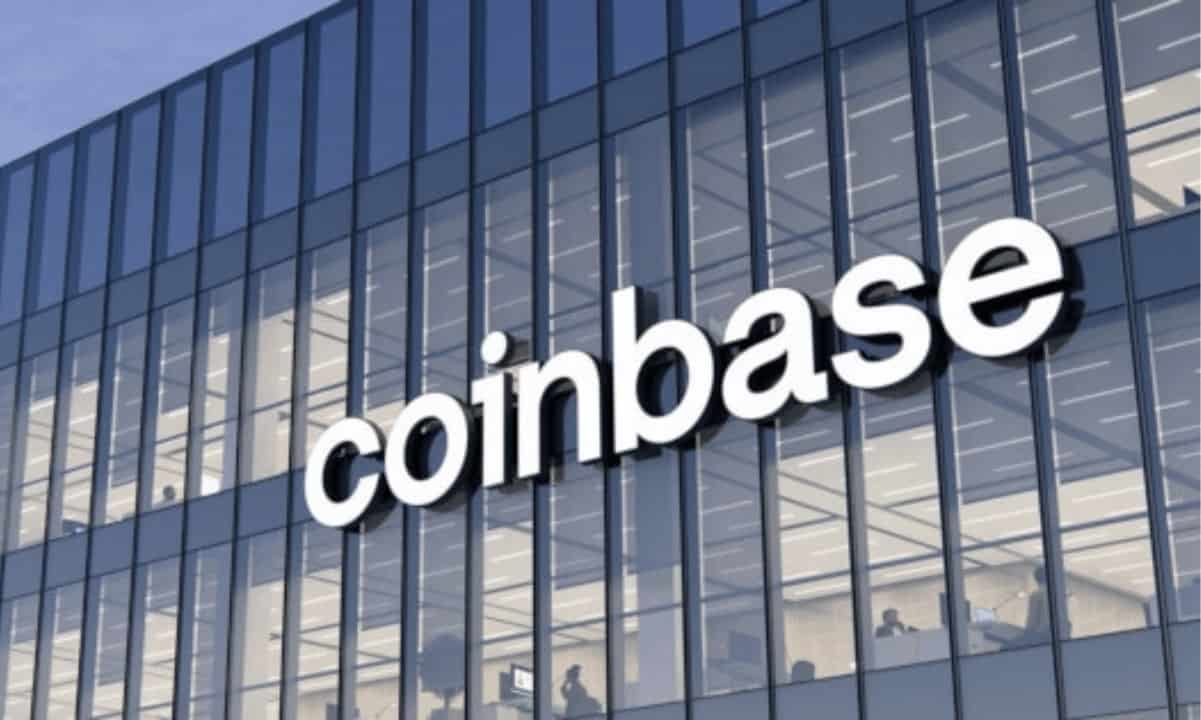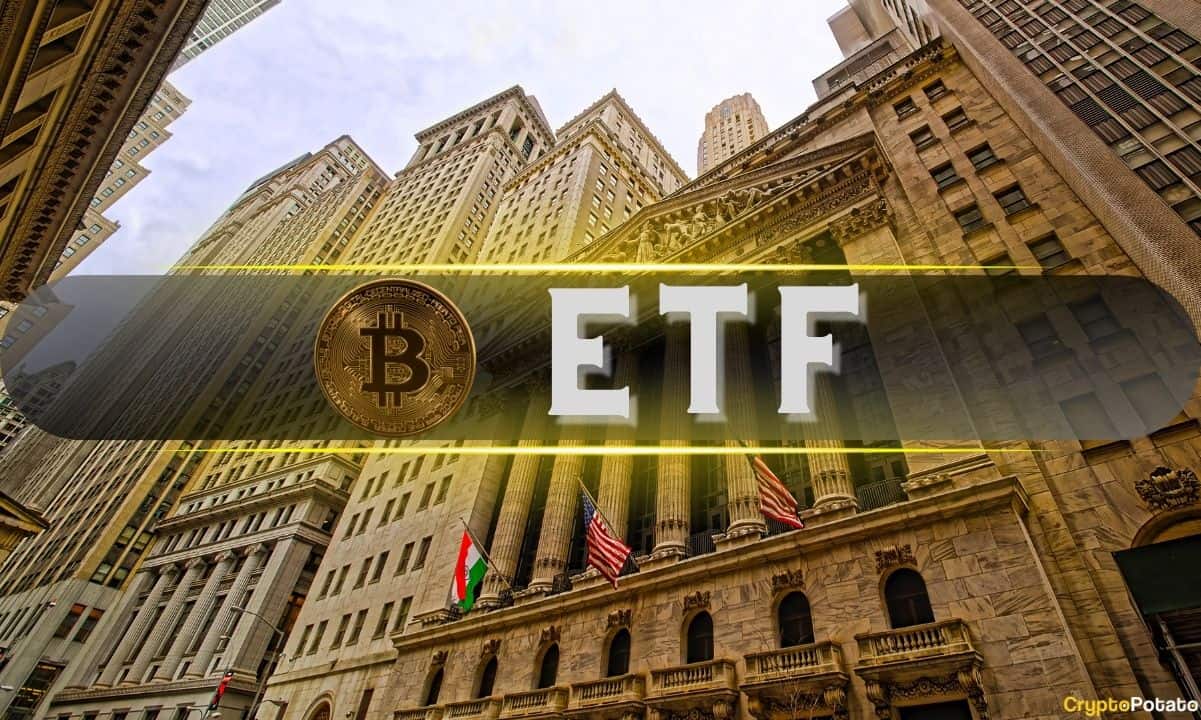MATIC Burn Begins as EIP-1559 Live on Polygon Mainnet
Polygon – one of the most popular layer-2 scaling solutions of Ethereum – saw its mainnet implement one of the biggest upgrades recently. Namely, this is the Ethereum Improvement Proposal 1559 that will begin burning MATIC tokens as part of every transaction.
Polygon Integrates EIP-1559
CryptoPotato reported last week that EIP-1559 was scheduled to go live soon. The team officially announced that the update has been rolled out on January 18th at 3 AM UTC, following a successful upgrade of its Mumbai testnet.
Among other things, perhaps the most important change that will happen to Polygon’s network is the introduction of a deflationary token burning mechanism that will begin destroying the network’s native MATIC token while also improving fee visibility.
EIP-1559 gets rid of first-price auction as the main mechanism for fee calculation. Instead, there is a discrete base fee for transactions to be included in the next block and a priority fee to speed up processing. The base fee, which fluctuates depending on network congestion, is then burned. – Reads the official announcement.
The upgrade itself was supported by major exchanges, including Binance. It took place at block height 23,850,000.
Implications on MATIC’s Price
At the time of this writing, MATIC’s price is down 7.8% in the past 24 hours. Nevertheless, it’s worth taking a look at the longer-term implications of the introduction of a burning mechanism.
Unlike Ethereum, however, MATIC has a fixed supply of 10 billion, so any reduction in the overall number of tokens available on the market will have a definitively deflationary effect.
The team has already simulated the potential impact on MATIC’s total supply, taking Ethereum’s experience since the London hard fork and the conclusions suggest an annualized burn of 0.27% of MATIC’s total supply.
The analysis itself can be found here.
The official post also reads that:
The burning is a two-step affair that starts on the Polygon network and completes on the Ethereum network.
There’s also a public interface where users would be able to monitor the whole process, but that’s yet to go live at the time of this writing.









